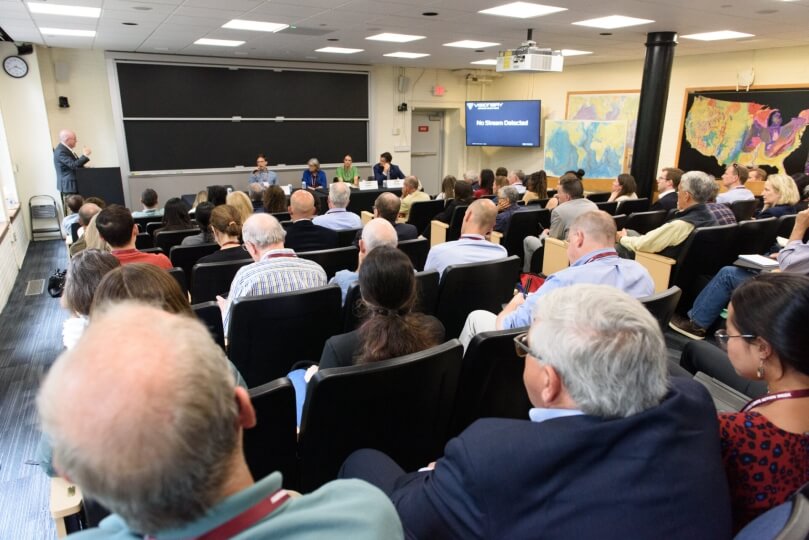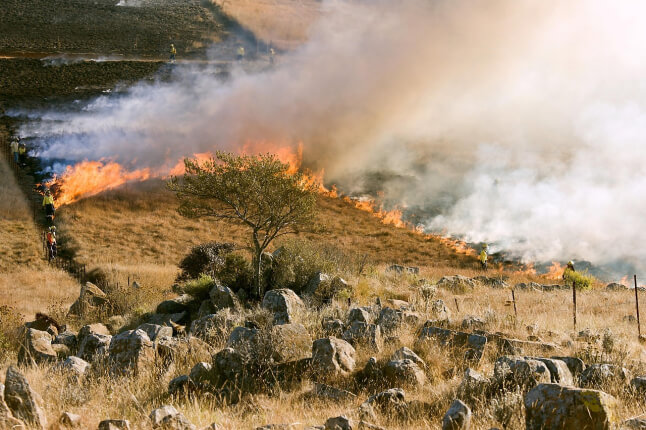News
SEAS faculty speak at a Harvard Climate Action Week panel on climate fears (Salata Institute for Climate and Sustainability)
Climate models can point to a terrifying future. Some scientists prefer not to discuss the implications of their models in public, fearful they’ll be branded alarmist or, worse, make people lose the will to decarbonize.
Yes, the implications of climate change are grim. In an overheated world, the forces of extreme weather, sea level rise, and biodiversity loss threaten to interact in ways that will challenge future generations with mass migration, epidemics, and interruptions in food production.
But these facts must be examined if people are to prepare, top scientists from Harvard and Princeton agreed at a June 11 Harvard Climate Action Week panel entitled “What Could Go Wrong?”
“We must communicate the real risks more clearly so that we can prepare for what’s coming,” said moderator Daniel Schrag, Sturgis Hooper Professor of Geology and Professor of Environmental Science and Engineering at the Harvard John A. Paulson School of Engineering and Applied Sciences (SEAS). “Because we’re doing an experiment on the planet that hasn’t been done before. We are pushing Earth to a place that it hasn’t been for millions of years, at a rate that’s never happened before.”
Panelists explained where they believe policymakers are underestimating the impacts of severe climate shocks.
Describing his research on the health effects of extreme heat, Kaighin McColl, Assistant Professor of Earth and Planetary Sciences and of Environmental Science and Engineering at SEAS, forecast a “plausible scenario” where “parts of the tropics become uninhabitable by the century’s end.”
Cutting-edge science delivered direct to your inbox.
Join the Harvard SEAS mailing list.



